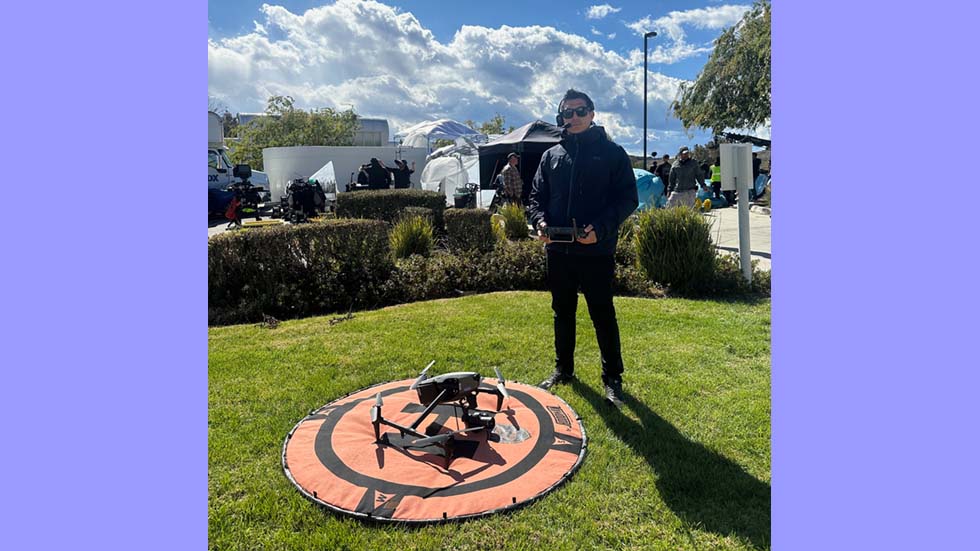Must carry survives
The Supreme Court has decided not to hear an appeal filed by Cablevision relative to last year’s decision by the U.S. Court of Appeals for the Second Circuit upholding a must-carry “market modification” ruling by the FCC.
Background
The must-carry rules have long been a thorn in the side of the cable industry. Those rules compel cable companies to carry local stations in their markets for free. Of course, recent developments on the retransmission consent front might indicate that local station carriage may in fact have considerable value to cable operators. Even so, the concept of the government ordering any company to give away services has been a source of consternation among cable interests for decades.
Turner decisions
In 1994 and again in 1997, the cable industry launched full-scale attacks on must carry and came close to getting it declared unconstitutional in the Supreme Court’s Turner Broadcast v. FCC decisions. In those cases, a divided court upheld the FCC’s must-carry rules and the Communications Act provisions that gave rise to them.
“Facial” versus “as applied” challenges
The Turner decisions were noteworthy because they involved “facial” challenges to must carry. That is, the challengers’ claim was that the law was unconstitutional on its face, without regard to any particular set of facts to which the law might be applied. A bare majority of the court, apparently convinced that the law might be constitutional in at least some settings, was not inclined to go that far. However, they reserved judgment as to whether must carry would survive an “as applied” attack, i.e., a challenge based on a specific factual setting.
Get the TV Tech Newsletter
The professional video industry's #1 source for news, trends and product and tech information. Sign up below.
The Cablevision petition
Cablevision thought that it had an excellent candidate for an “as applied” challenge when WRNN-TV, a station in Kingston, NY, about 100mi north of New York City, asserted must-carry rights on some Cablevision systems in Long Island. The station’s signal had been entitled to must carry on those systems in the early 1990s, but Cablevision had convinced the commission to exclude those systems from that obligation, relying in particular on the reach (or lack thereof) of the station’s Grade B contour. In response, the station moved its transmitter about 50mi closer to NYC, thereby correcting the Grade B shortfall. The station then asked the commission to reinstate its previous must-carry rights on the Long Island systems. The commission granted the request. Cablevision appealed to the full commission, was unsuccessful and then appealed to the Second Circuit. It then filed a petition for certiorari with the
Supreme Court.
Denial of cert
In its petition to the Supreme Court, Cablevision showed that Kingston is 100mi away from Long Island and argued that WRNN-TV is not a local station deserving must-carry rights. In May, the Supreme Court declined to take the case and in doing so offered no opinion or insight on either Cablevision’s case or must carry. Such summary dismissals are customary when the court decides not to hear a case.
One theory about the reason for the denial is that the court did not see this “as applied” case as raising a policy issue of sufficient importance for Supreme Court disposition. A less fact-specific facial attack, such as was mounted in the Turner decisions, on must carry might have had more appeal because the resulting decision, whether it was in Cablevision’s favor, would potentially have had broad First Amendment implications. This is speculation, however. The court simply may have determined that it is premature to revisit must carry when the second Turner decision is only 13 years old.
Dateline
• Noncommercial TV stations in California, North Carolina and South Carolina must file their biennial ownership reports by Aug. 2.
• By Aug. 2, TV and Class A TV stations in the following states must place their EEO public file reports in their files and post them on their websites: California, Illinois, North Carolina, South Carolina and Wisconsin.
• Aug. 2 is the deadline for TV stations in California to electronically file their broadcast EEO midterm reports (Form 397) with the FCC.
Harry C. Martin is a member of Fletcher, Heald and Hildreth, PLC.
Send questions and comments to: harry.martin@penton.com
